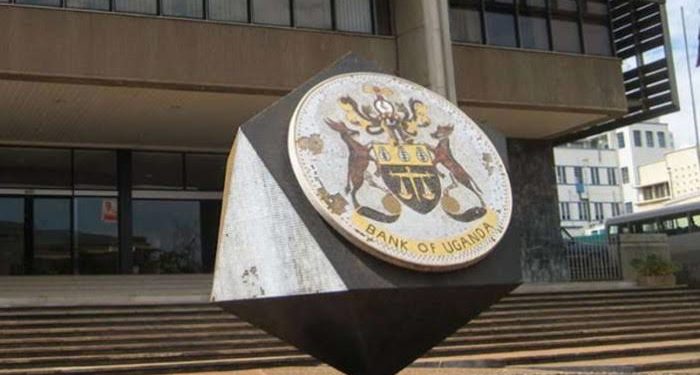Bank of Uganda has issued eight guidelines to all Chief Executive Officers of commercial banks, Credit institutions and Microfinance Deposits Taking institutions on how loans restructuring and Credit relief must be done during Covid-19 period.
In a document issued by acting Deputy Governor Bank of Uganda (BOU) Adam Mugume on 14th April it’s now evident that Covid-19 outbreak has affected the financial health of corporate entities and households across all sectory of the economy, and impaired the ability of borrowers to meet their debts obligations.
“This is a threat to the stability of the financial sector. During this period of uncertainty, it is essential that the financial intermediation processes go on and that credit is available to support otherwise viable commercial entities that are central to keeping Uganda’s economy running,” he said.
According to Mugume the guidelines are in effect for 12 months with effect from April 1st 2020 and shall be applicable only to credit facilities not classified as losses by 31 March 2020.
Mugume emphasised that the said guidelines are not applicable to any credit facility granted after 1st April 2020.
The guidelines are directed at all Supervised Financial Institutions (SFI) within the regulatory jurisdiction of the Bank of Uganda.
Here are some of the guidelines
1 In the 12 month period with effect from 1st April 2020, maximum of two (2) restructuring is allowed for any credit facility, irrespective of the number of times it has been restructured in the past.
2. Payment of arrears as a pre-condition for restructuring is temporarily suspended during this 12 month period. However, SFIs are allowed to capitalise and recover these unpaid arrears.
3. A borrower, whose credit facility benefits from a restructuring in this 12 month period, may be liable for only the legal fees and stamp duty associated with the restructuring.
4. The event of restructuring of credit facility arising from the direct or indirect impact of Covid-19 pandemic shall not be treated as an adverse change in the credit risk profile of the borrower nor shall it be reported to a Credit Reference Bureau (CRBO) as such;
5. SFIs shall still be required to assess the potential unlikeliness to pay of borrowers subject to any form of restructuring, in accordance with the policies and practices that they usually apply to such assessments.
6. Consumer protection remains a regulatory priority and SFIs shall ensure full disclosure and act in the interest of customers, with no hidden charges.
7. Borrowers may request their SFI for restructuring if they so qualify. However, it is allowed for SFIs to make unsolicited offers for a restructuring to their customers during this 12 month period.
8. SFIs intending to provide credit relief under these guidelines must have in place a policy for the implementation of the said guidelines. In addition, SFIs are individually responsible for the decision on whether or not to extend the credit relief mentioned herein to their customers and similarly for compliance with these guidelines.
Do you have a story in your community or an opinion to share with us: Email us at editorial@watchdoguganda.com












